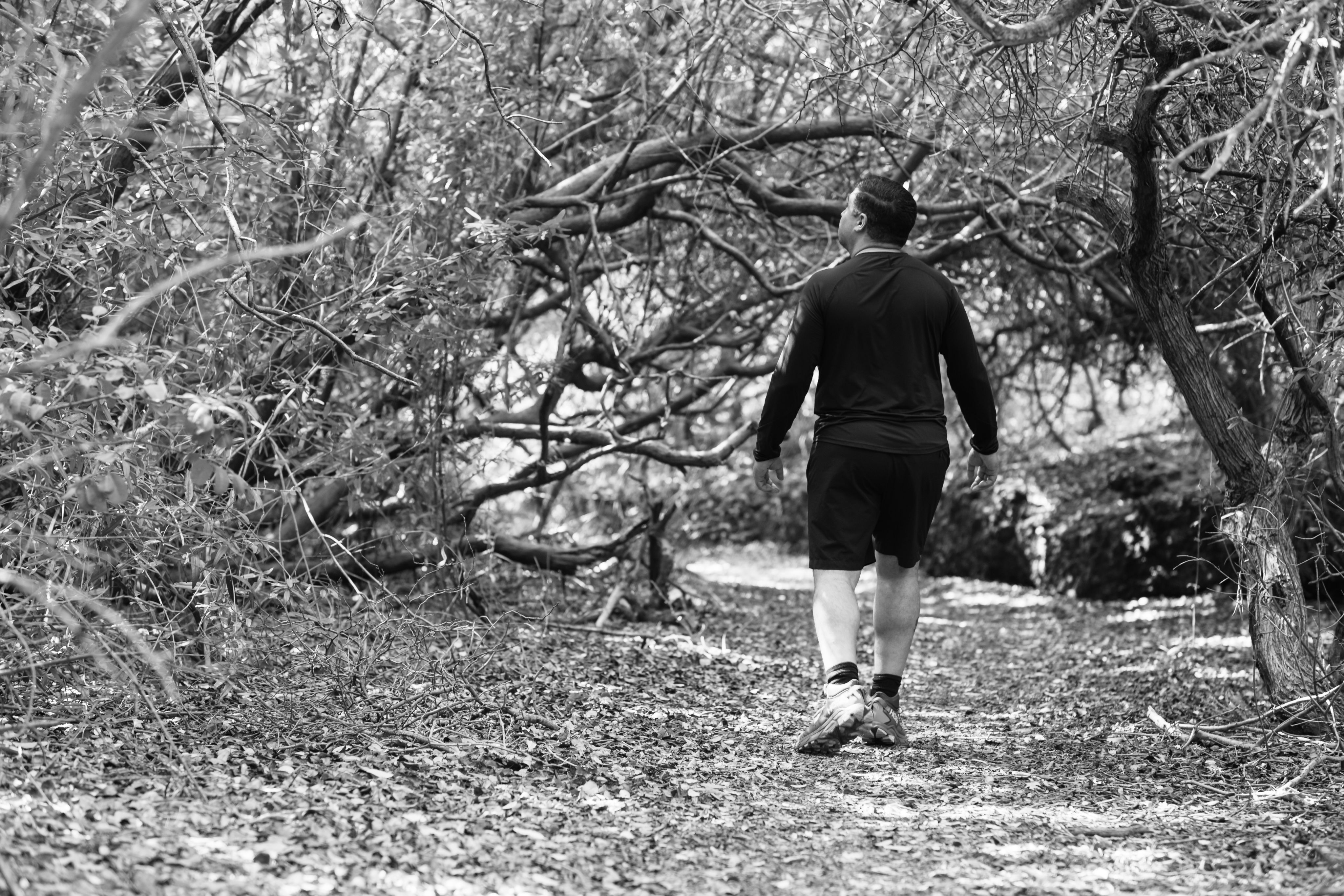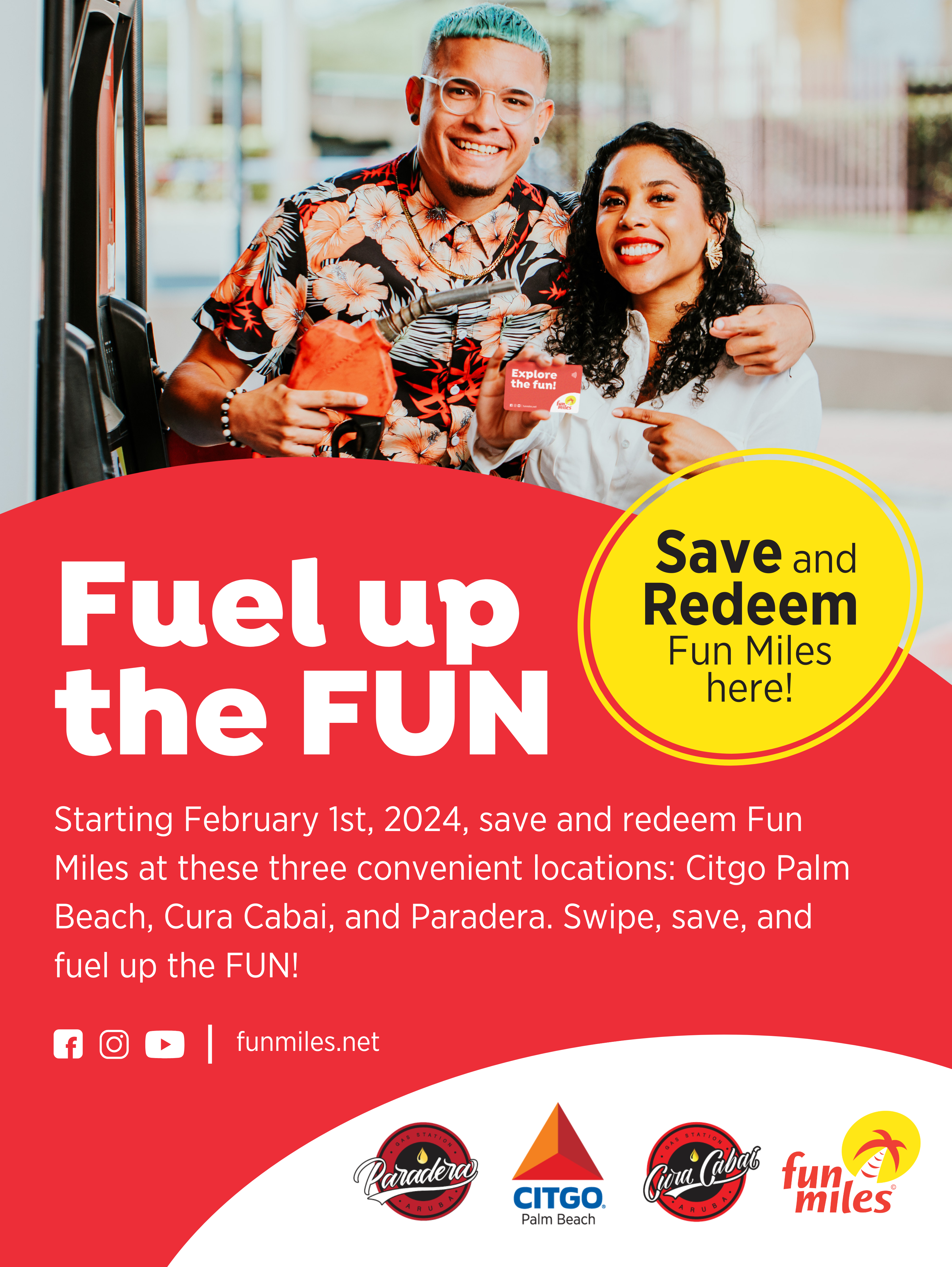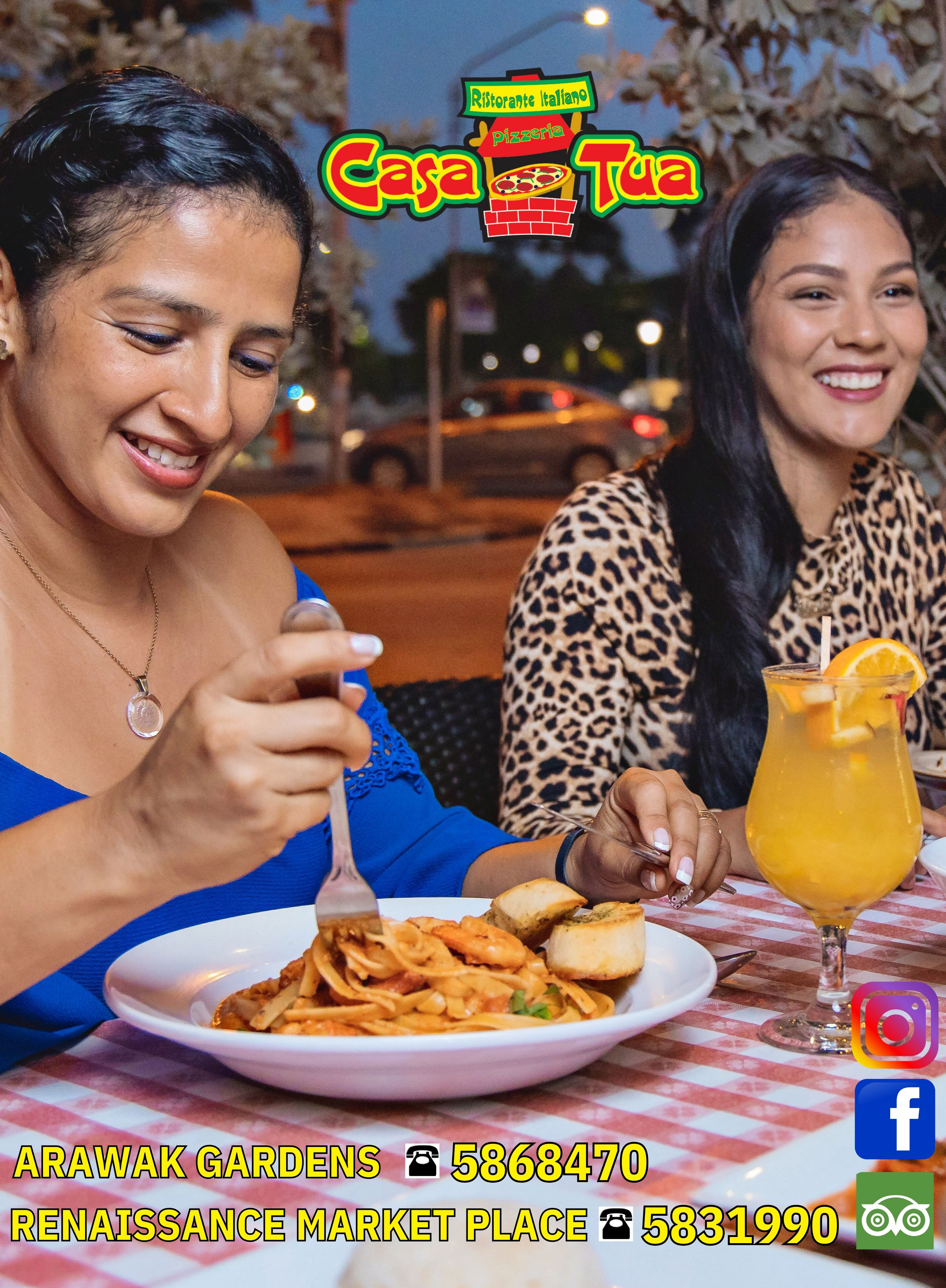


With a strong mission for the future, Tyson Lopez (36) accepted the role of CEO of the Aruba National Park Foundation (FPNA) in 2023. His journey to this position was one of deep deliberation with himself and those close to him.
"Ever since I started at FPNA four years ago, both I and others have considered the possibility of leadership in it." And it was his work during the pandemic, where his ability to guide the foundation in the absence of a permanent CEO and co-create vital strategies for the foundation, marked the beginning of a new phase of leadership for him. Now in command, his mission is to promote conservation, education, and community engagement in all of this.
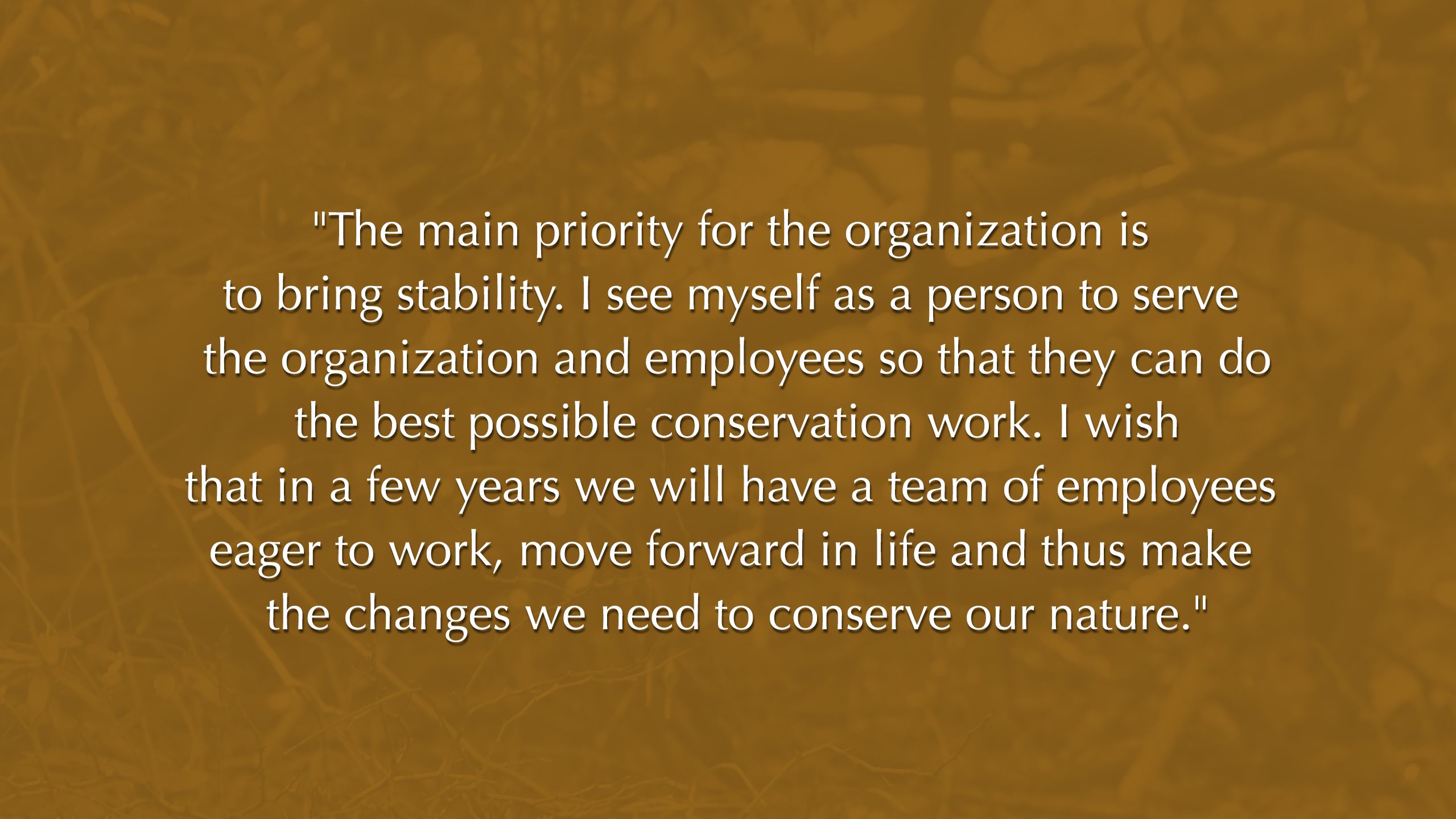
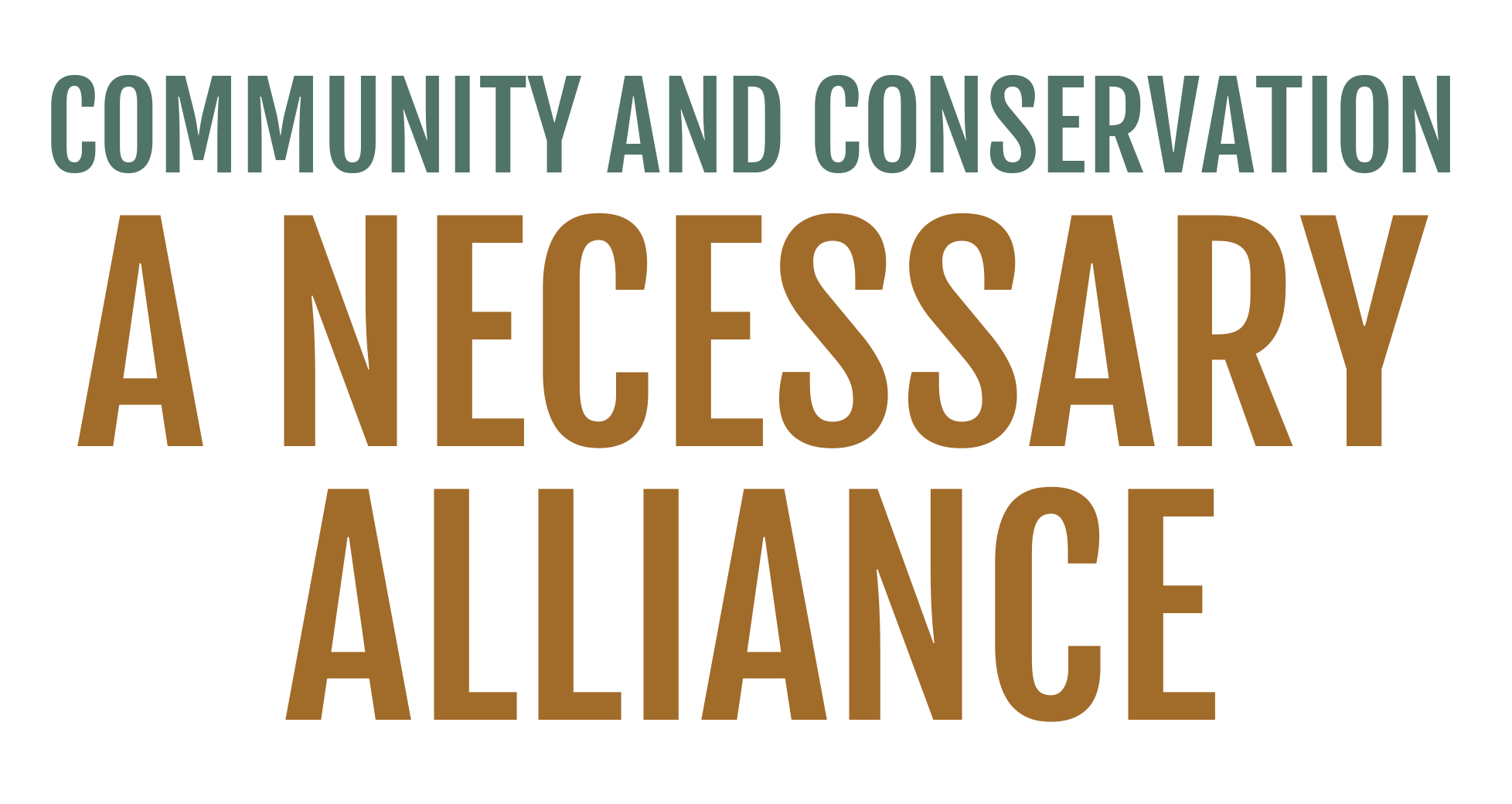
"FPNA cannot do this work alone." Tyson's vision is to establish its Conservation & Sustainability Academy, which will serve to raise awareness, educate, and certify adults, children, companies, tour guides to get to know our unique biodiversity and ecosystems of Aruba to thus esteem, respect, and conserve it together with us. In this way, it empowers the people of Aruba and inspires active participation in the protection of their natural environment. "We will continue and expand opportunities for volunteer work and will facilitate the process of making donations and adoptions to mobilize resources that are reinvested in conservation programs. We will also improve our walks designed for four different visitor segments that connect with the high-value low-impact philosophy."
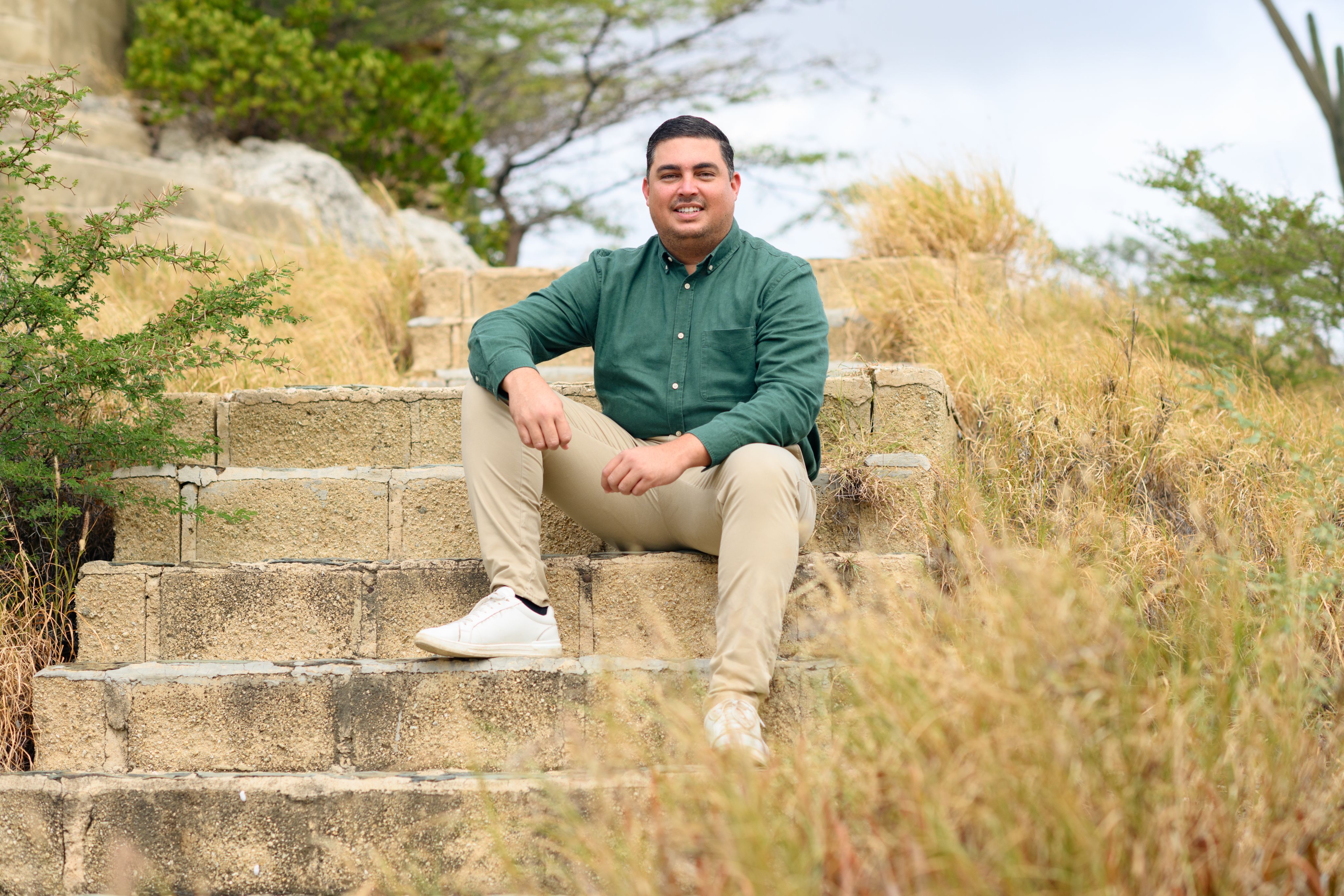
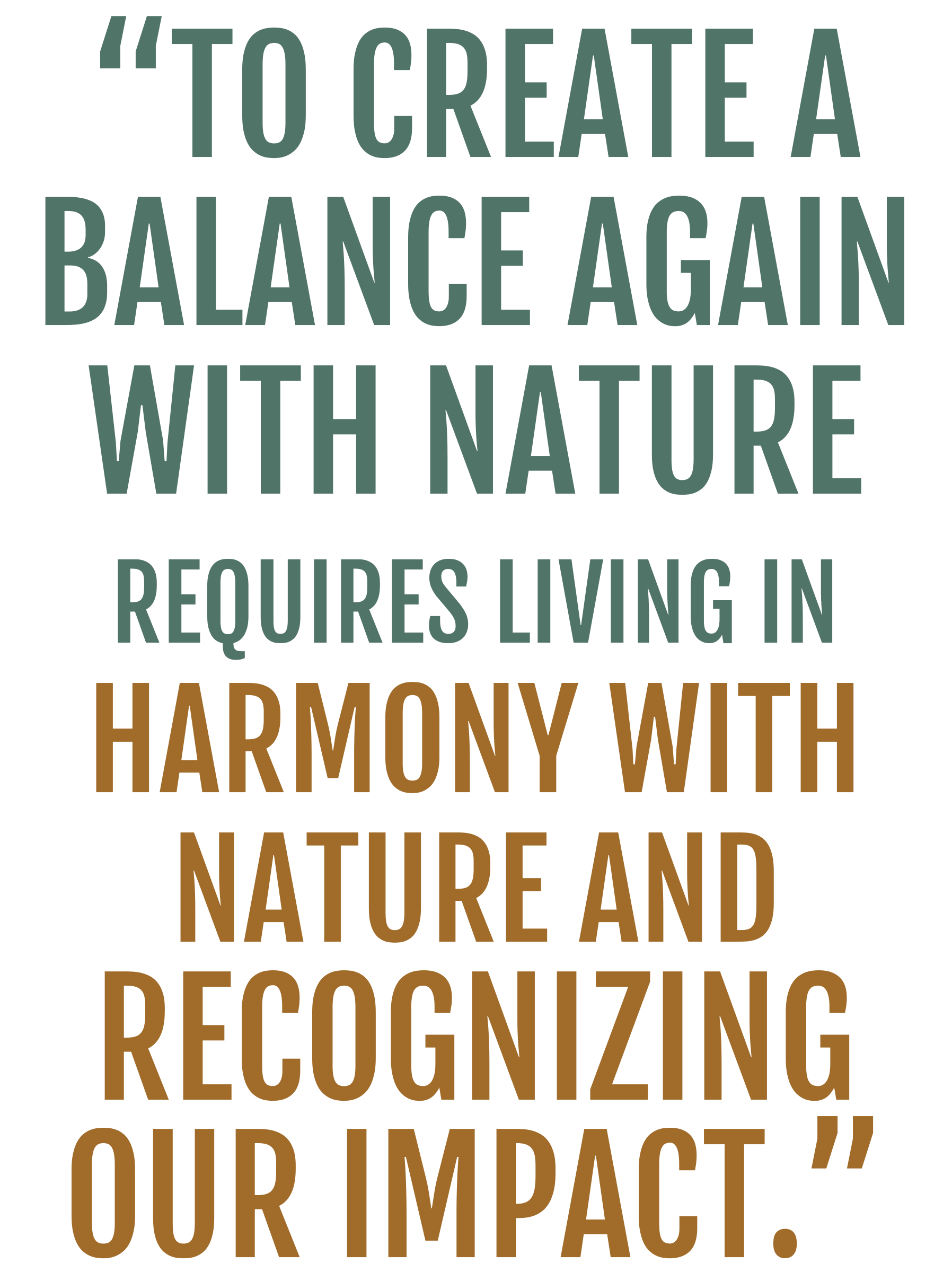
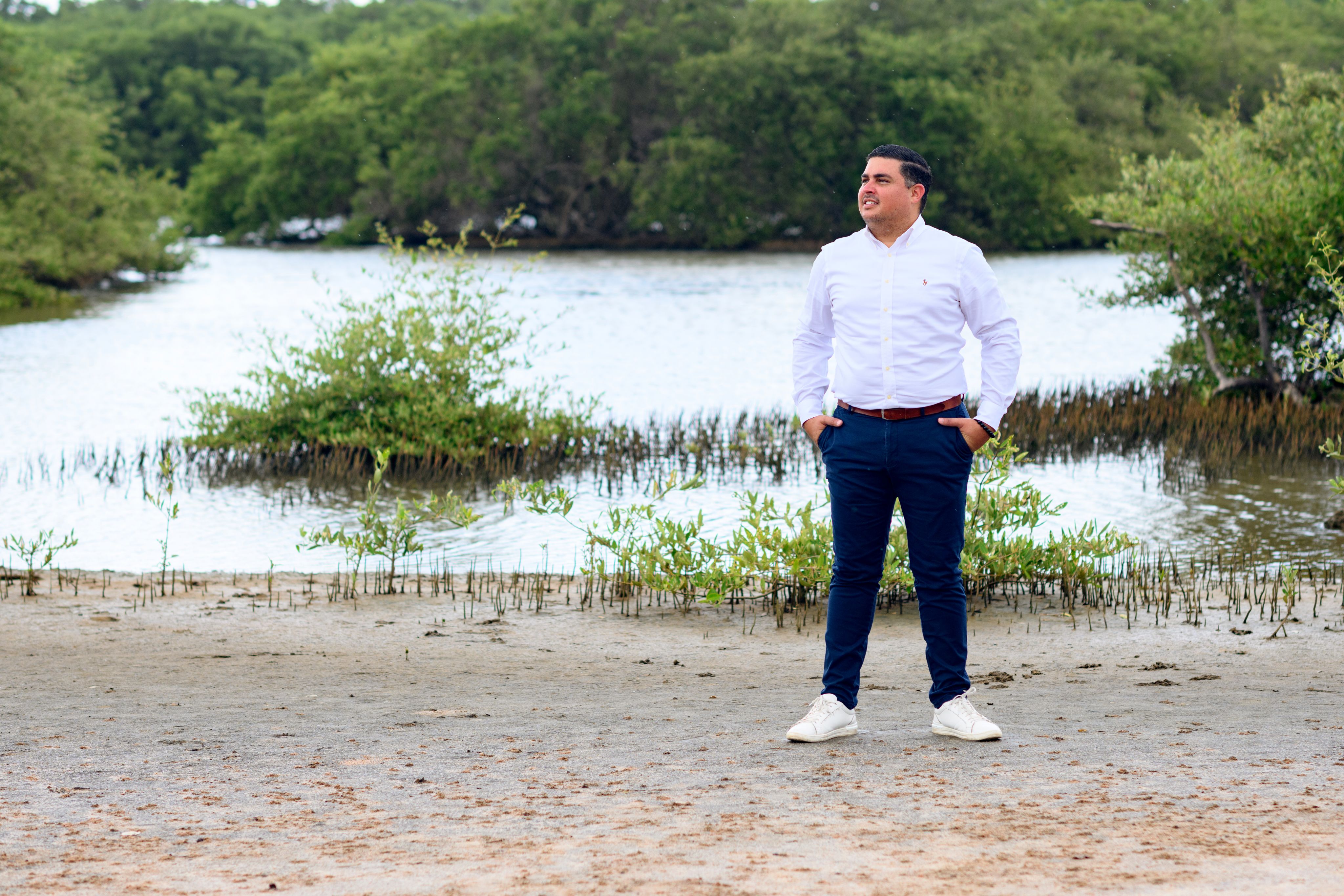
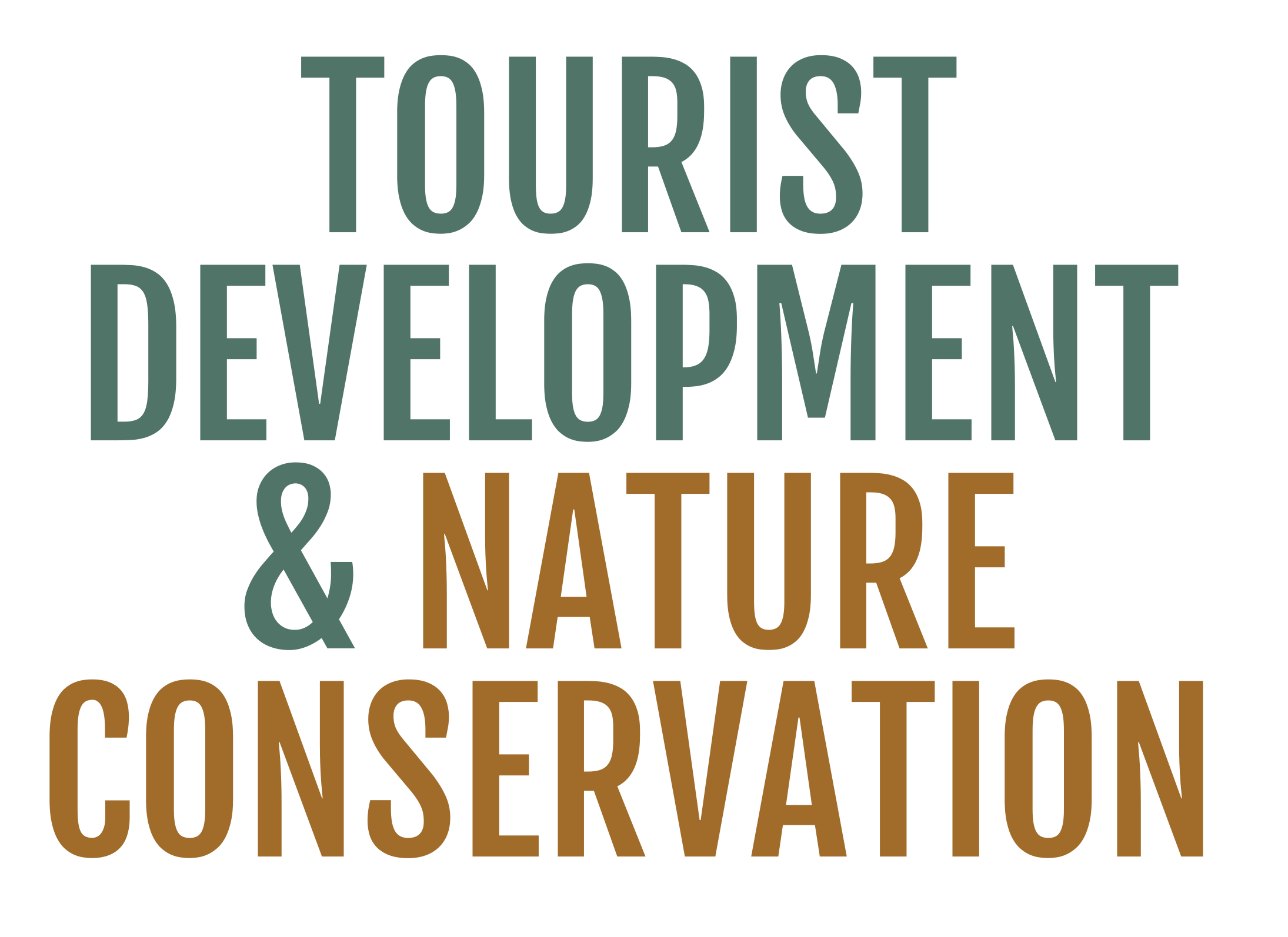
"There is enough research and information available that demonstrates that we have surpassed the ideal balance for the integrity of our nature, the development of our economy, and the well-being of our community
To create a balance again with nature requires us to learn to live in harmony with nature and recognize our impact. Do not think that nature is only in the protected natural areas. It is in your home garden, your neighborhood, where you spend time, your workplace, everywhere. It is also necessary to reach laws and modern management for nature, the environment, and sustainability. Nature is the foundation of our tourism sector, and let it be clear that if this is no longer in good condition, the tourism sector and all of us in Aruba will feel it - without a doubt."
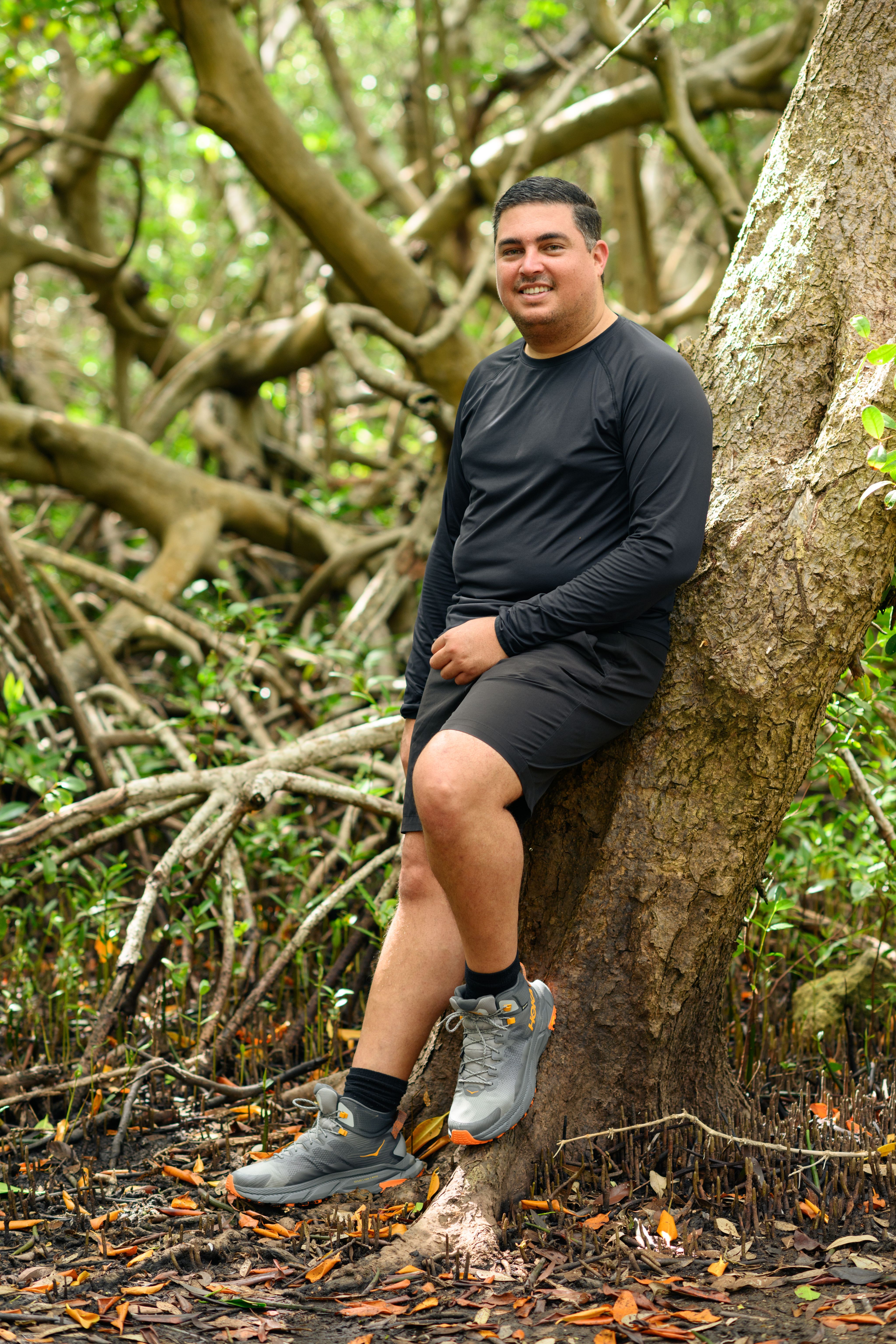
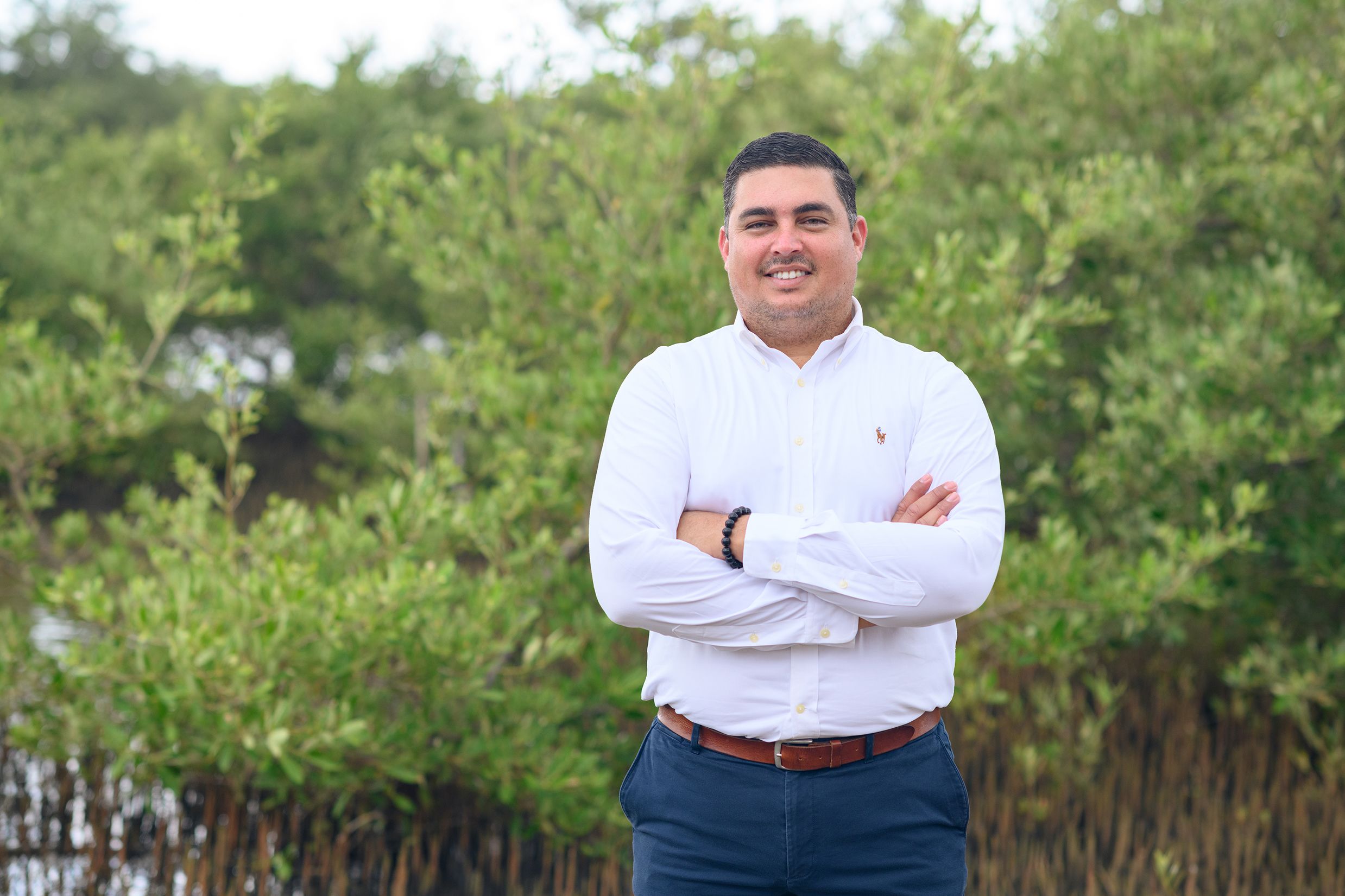
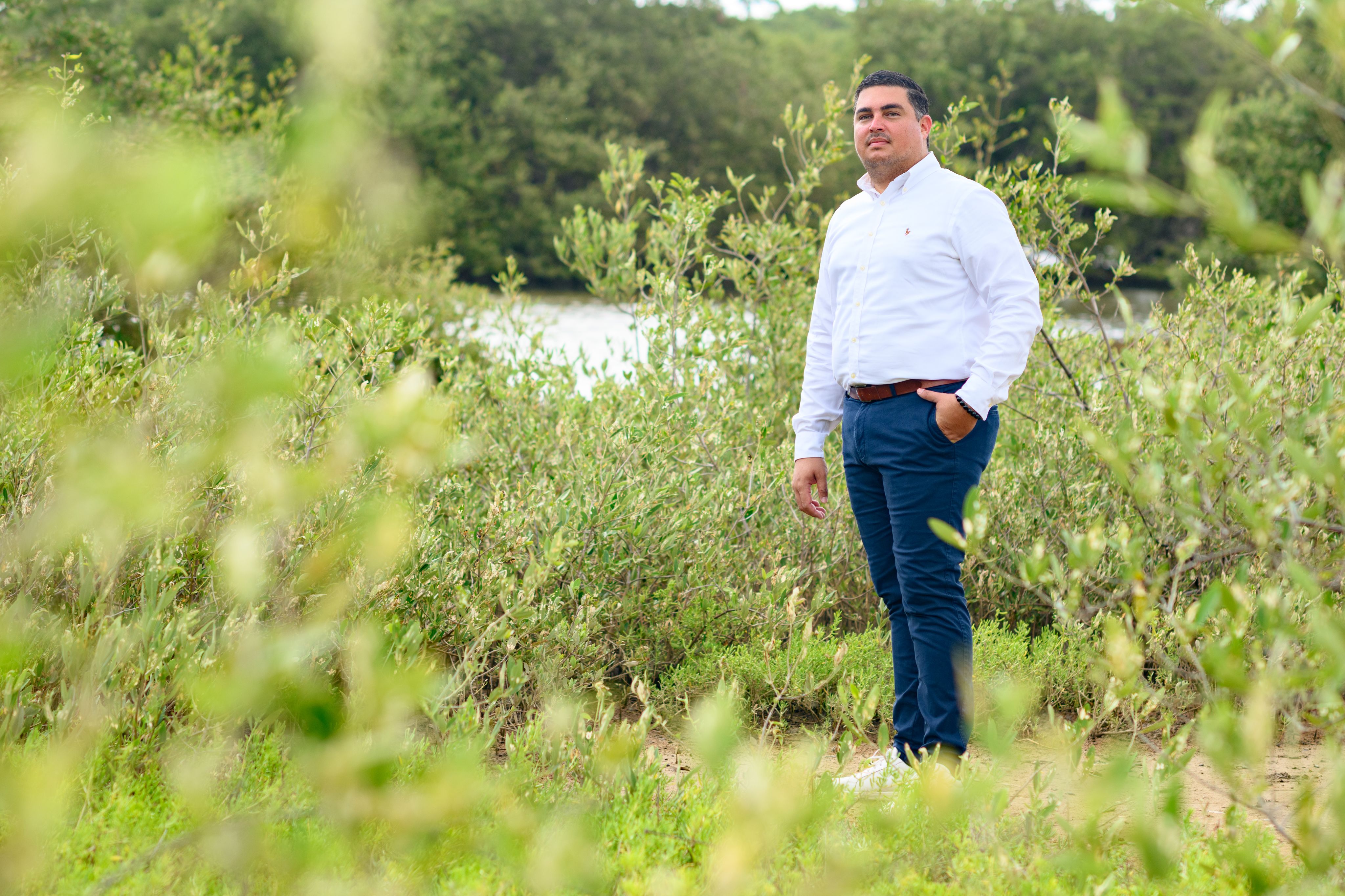
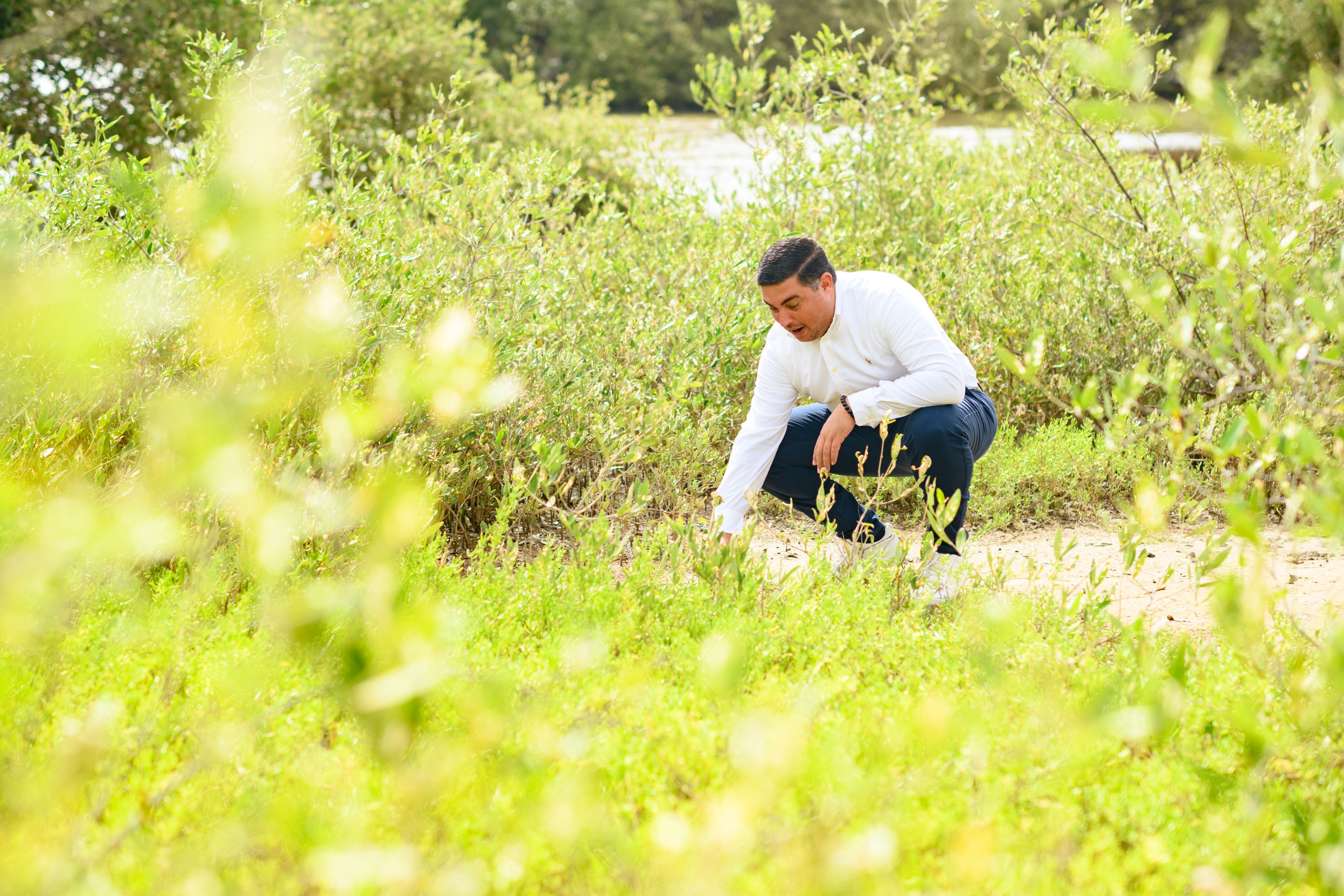

"The lack of knowledge of what our own nature is. In recent years, FPNA has been working closely with Wageningen University & Research to carry out research work, and each time new things are discovered, e.g., vegetation that has never been documented before. This means that our own knowledge is limited, and to improve biodiversity and restore ecosystems, a good understanding of this is needed before making any kind of program. The work currently being done is coral restoration; a few years ago, a large investigation was done by CARMABI that gave a good view of the state of our reefs in the sea.
Your unique strength the person in charge?
"I have a good understanding of where the organization is currently and how FPNA must transition for the future to make a bigger impact on nature conservation. I also understand the context in which we operate as an independent foundation doing public work for the Government and the community of Aruba. The experience of jobs I have held in the past and also the experience at FPNA itself, has expanded my understanding of sustainable management, which is the engine for me to exercise my function every day."
"Aruba must realize that we must pay attention to the part of biodiversity loss and pollution, Topics that we must be able to address at a national level. This is to conserve what is our nature that is part of our identity as an island. The part of climate change we must understand that we can only prepare to mitigate the impact, it is a much bigger problem than us as an island and with large countries must take more seriously."
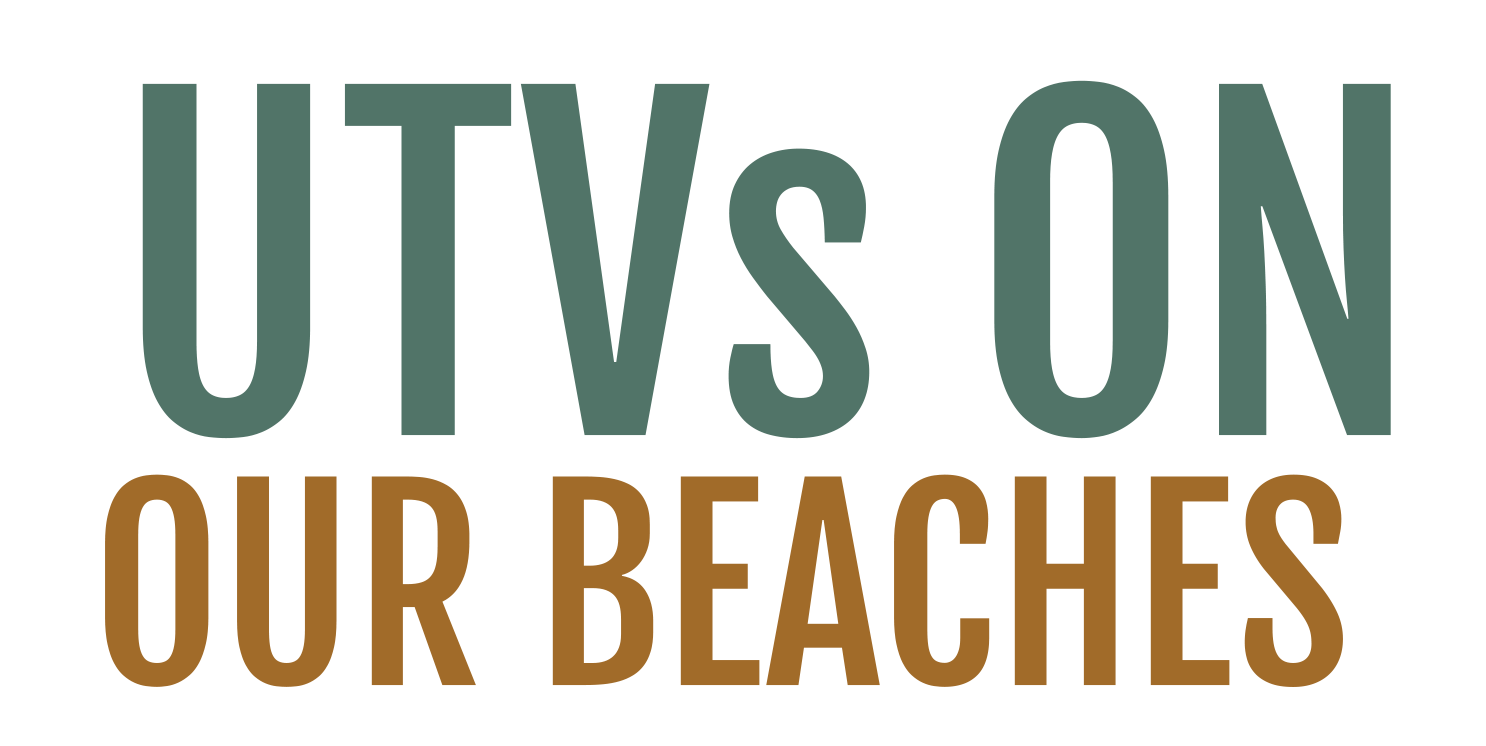
Since FPNA prohibited among other things UTV/ATV/Dirt Bikes from the protected natural areas of Aruba for nature conservation, it was aware that this would not solve the problem that exists outside the areas managed by FPNA. Together with the management of the prohibition, advice was given to the Government of Aruba on how to manage this impact outside the protected natural areas. The presence of UTVs on our beaches is actions that FPNA regularly reports to the authorities to control and enforce existing laws. These actions are not only legally not allowed on the beach, they have a negative impact on the beaches and complete nature and it is 'high time' for these to be regulated.
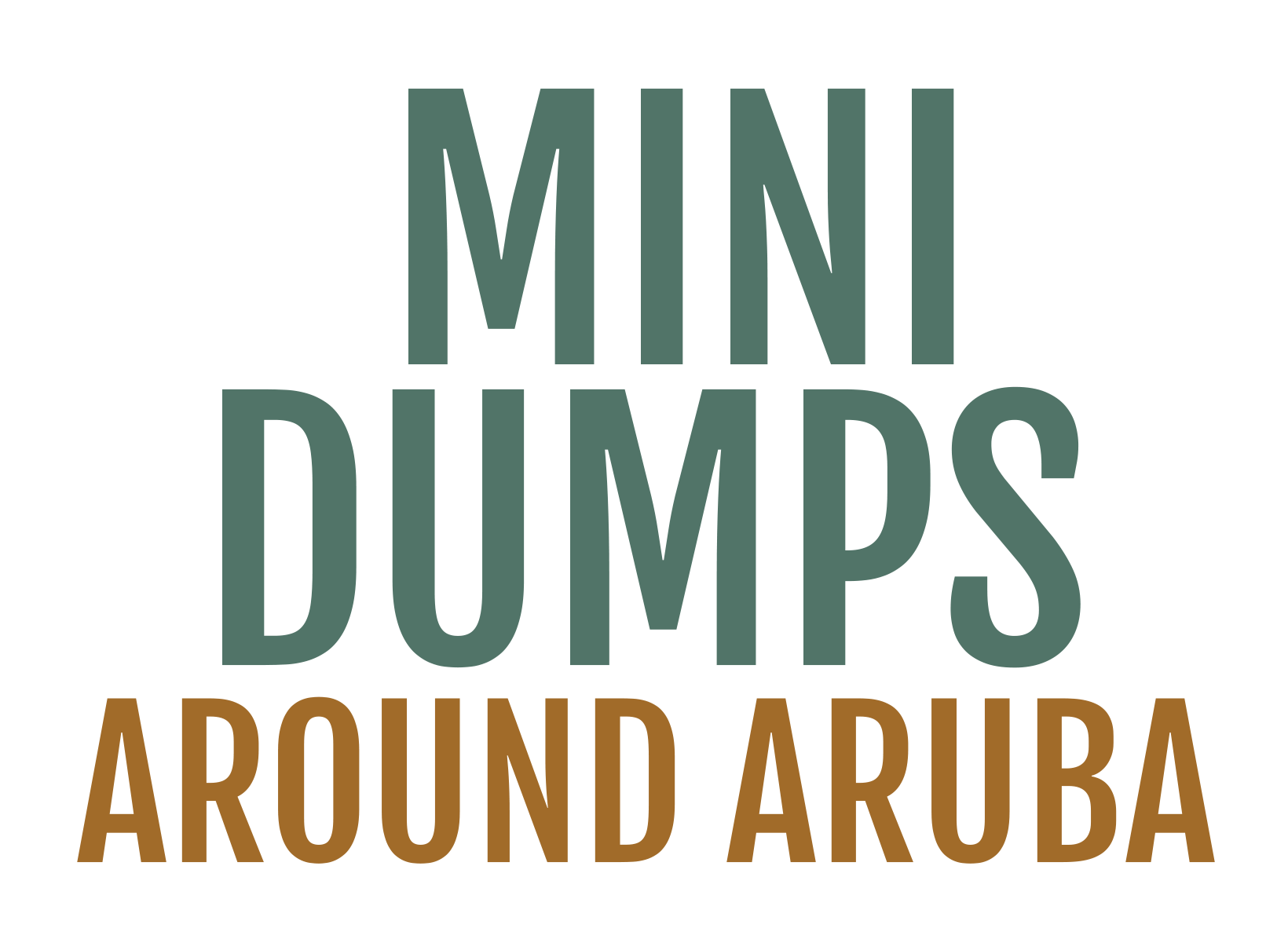
"This is a lack of decades of not paying attention to adequate waste management, when this is not in order it gives people the freedom to create their own solution. Adequate management includes education and awareness to change the behavior of people who do this, and continuous control to reinforce our legal system. Part of the education and awareness must include the natural value that is impacted by such actions, we must learn to connect and know our nature more, so that we can esteem, respect and conserve.
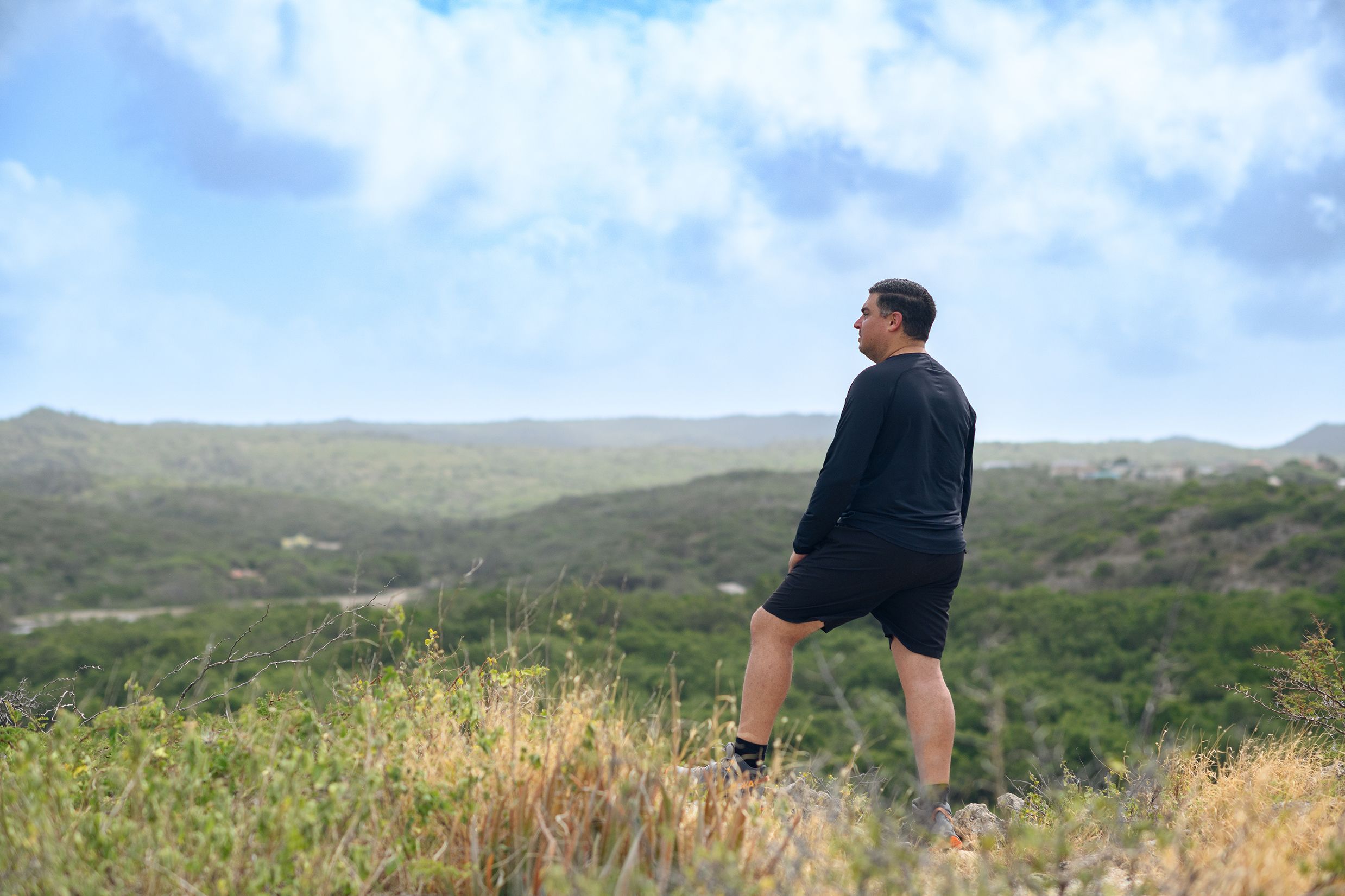
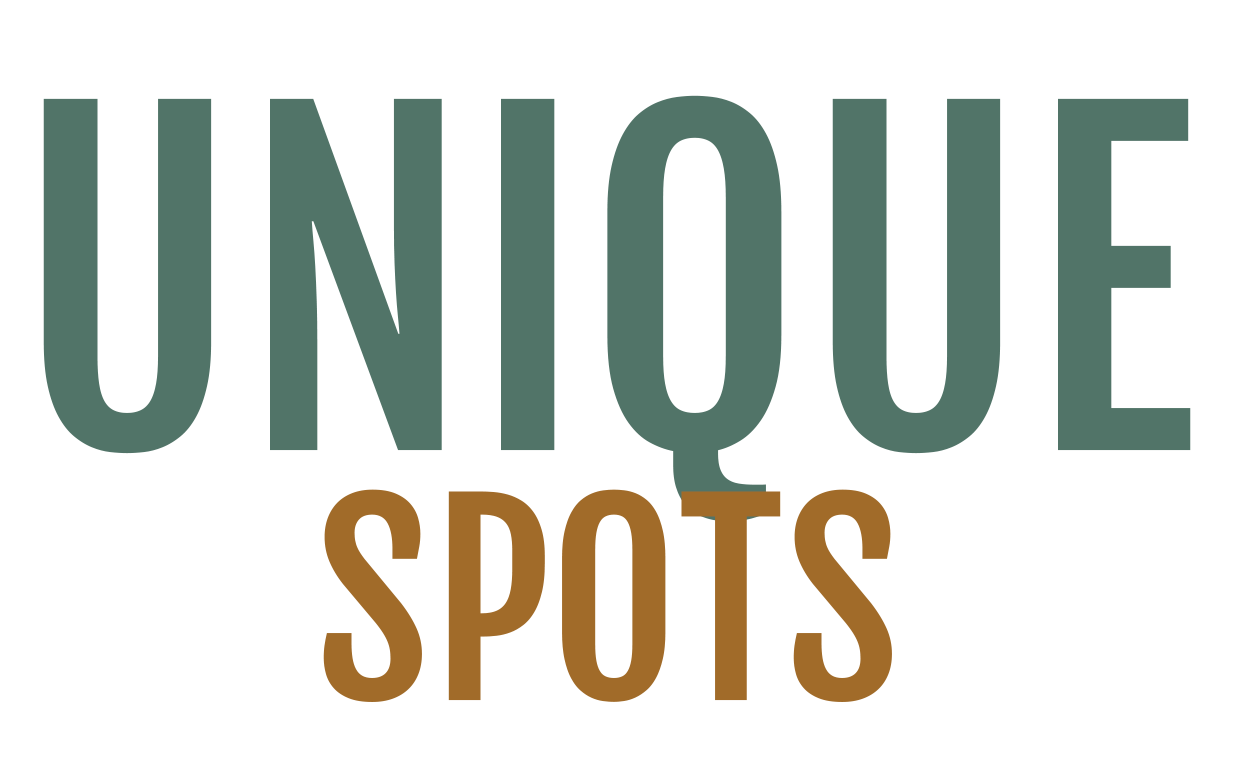
"It's no secret that the spots most liked by visitors are Conchi followed by the Fontein Cave. For local visitors, it is not simply a spot but rather nature and our beaches. My favorite spot is hiking up Sero Cabay and watching the sunrise from the top of this hill. Sero Cabay is the third highest hill in Aruba where you have a beautiful view of the sunrise and the landscape is quite tranquil and extensive.
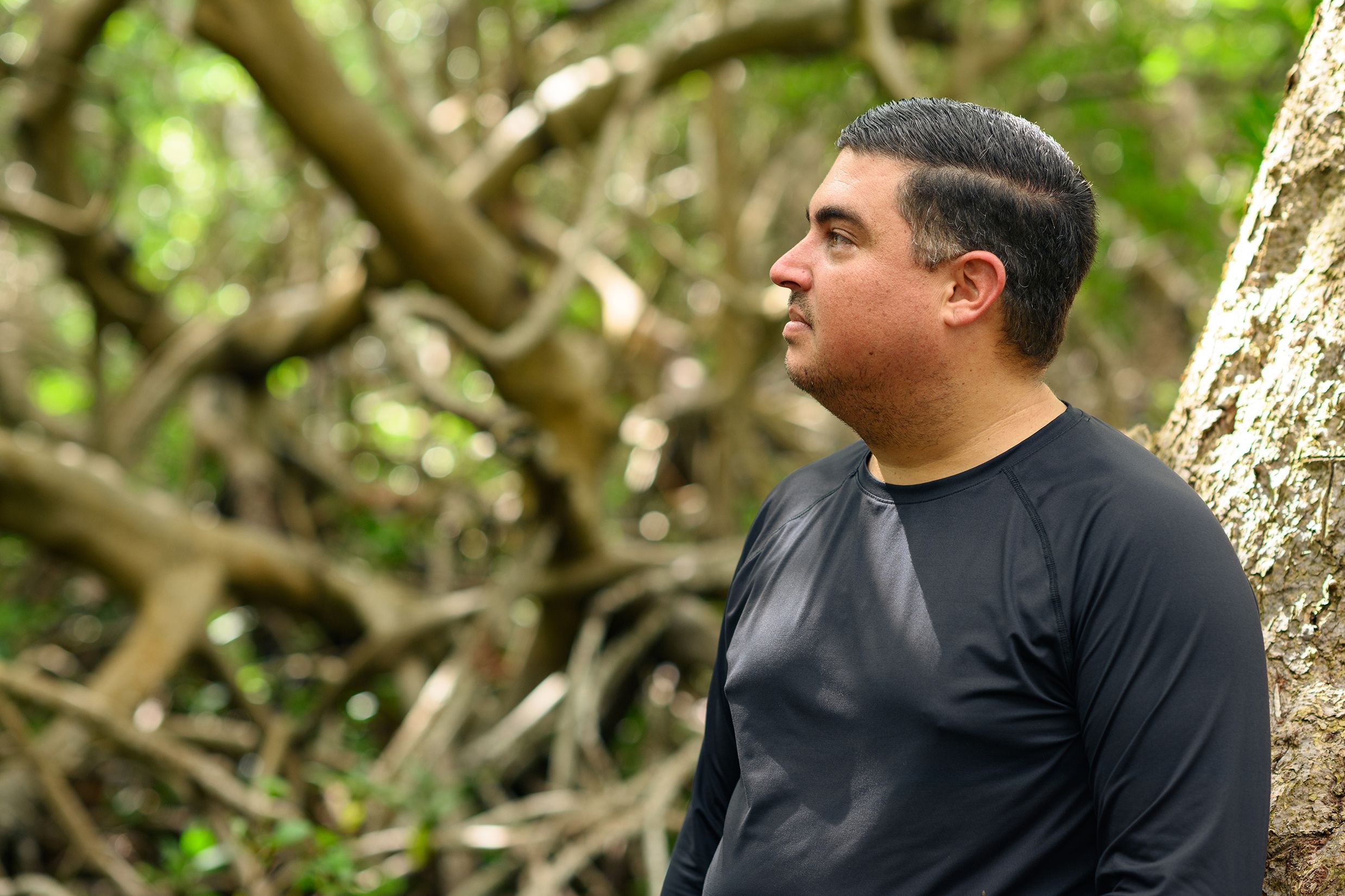
"The change I would like to see is for FPNA to have the authority to enforce national laws related to nature. This will help FPNA perform its tasks and conserve nature for future generations. The appreciation for the park, marine park, and other protected natural areas, and nature must be stimulated the day we realize the importance of our nature for our well-being. This requires a lot of education and awareness in the decades ahead."
